Euskera, Basque in Spanish, is a unique, living and different language, of ancestral beauty.
This enigmatic language is not related to any other known language, so its origin remains an enigma.
It is currently spoken in the north of Spain, Navarra and the Basque Country, where it is also an official language along with Spanish.
It is also spoken in the southwest of France.
Basque is the only non-Indo-European language on the Iberian Peninsula and the oldest in Europe.
The origin of Basque is an enigma
The possible link with other languages of prehistoric Europe and its unique characteristics have aroused the interest of linguists and anthropologists from all over the world.
To solve the enigma of its origin there are many hypotheses, but none of them is conclusive.
“One theory indicates that it was the same language as Iberian or that both evolved from the same language.
Like Euskera, Iberian (a dead language spoken in the southeastern regions of the Iberian Peninsula) had little to do with the main languages of the region.
“One of their writing systems was deciphered in the 1920s. We don’t understand it, but it sounds very similar to Basque,” says Salaburu.
Due to this, we also do not know the exact origin of the word euskara , however, this term seems to be accredited with the Basque cultural identity.
Thus, from the word euskara derives the word euskaldun (literally ‘the one who owns euskara’), which designates the speaker of euskera.
Also from the word Euskara originated the term Euskal Herria , referring to the territory in which Euskera was spoken (‘the land of Euskera’).
Currently, in the Statute of Autonomy of the Basque Country it is used as a synonym for “Basque people”.
The word Euskadi , whose origin also comes from the word euskara, is a neologism created as an alternative to the expression Euskal Herria and currently synonymous with the Basque Country .
Alfonso Irigoyen , a Basque academic with extensive work in Basque and Spanish, proposes that the word Euskara comes from the Old Basque verb “to say”, reconstructed as *enautsi (maintained in verbal forms such as the Biscayan dinotzat , “I tell him”) , and from the suffix -(k)ara , “way (of doing something)”.
Therefore, Euskara would literally mean “way of saying”, “way of speaking”, “speech” or “language”.
Irigoyen presents as evidence to support this theory the work Compendio Historial (1571), by the Basque Esteban Garibay, where the author affirms that the native name of the Basque language is “enusquera”.
The intense relationship that the Basque language maintains with nature is remarkable.
His vast collection of words to describe its verdant valleys, impressive peaks, blue coastlines and skies were inspired by its natural surroundings.
Likewise, for example, the word “butterfly” in Basque can be said in almost a hundred different ways.
His survival is a miracle
It was on the brink of extinction for various reasons throughout history.
Francoism was one of those reasons, since Franco prohibited speaking it.
So, it only came to be spoken in private for fear of being discovered, which is why in many families it was not passed on to the next generation.
“Language is the identity of a place,” says Errekatxo, now a teacher who teaches her classes in Basque.
“If you remove it from the site, it dies. The dictator knew that and he wanted it to disappear, ”he says, alluding to Franco.
Later, in the 1960s, a violent separatist group called ETA ( Euskadi Ta Azkatasuna , translatable as “Basque Country and Freedom”), used Basque to send extortion letters demanding money and threatening companies and individuals with violence.
It was also written on the walls of the streets by supporters who wrote phrases in favor of the group.
The politicization of the language created the misleading perception of a close link between Basque and the nationalists, which also did not favor the possibility of speaking freely in this language.
In April 2017, ETA declared itself a disarmed organization.
Basque today
Basque not only survives today, but is a source of pride for those who speak it.
It forms an inescapable part of the culture and history of the Basque people.
Spain recognizes the Basque language as a cultural asset and is the object of special respect and protection.
The Basque Government’s language policy has given rise to a large increase in the number of Basque speakers, reversing the historical trend of decline.
It recently launched a campaign with a website encouraging people to speak Basque, with the aim of keeping it alive.
Students from the region can also choose to study in Basque, Spanish or both languages.
The best student of the Basque language, Koldo Mitxelena, used to say:
“The miracle of the Basque language is how it has been able to survive, and it really is, without having literature or people educated in Basque”, Salaburu points out.
“The Basques have the feeling that language is the most important characteristic that identifies them as a people. They just don’t want to lose it .”



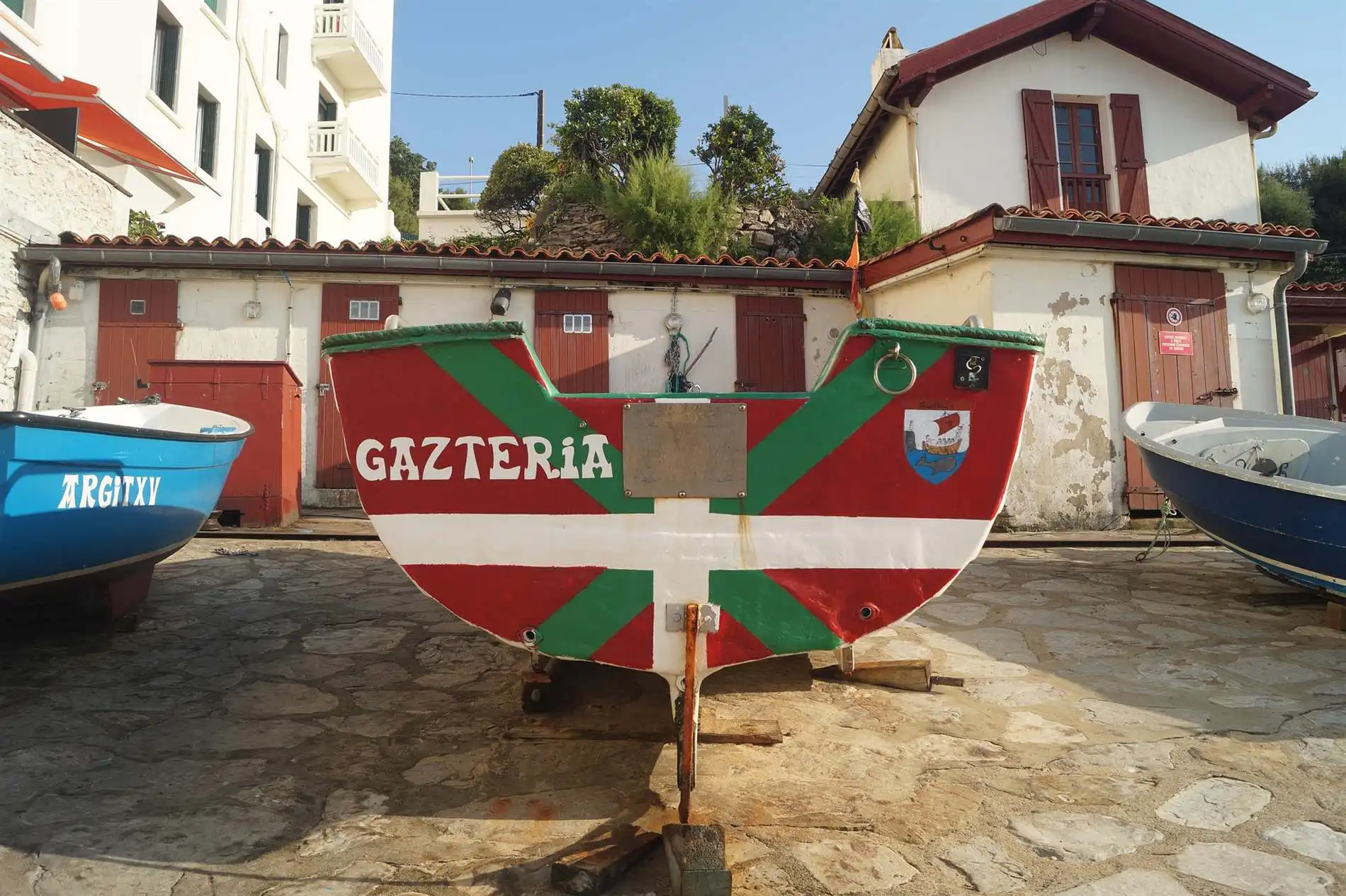
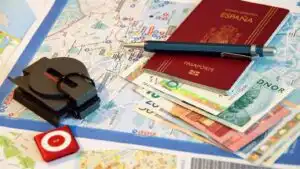
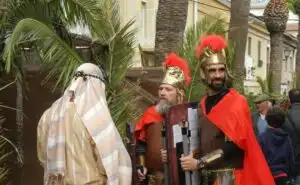
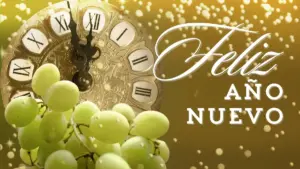


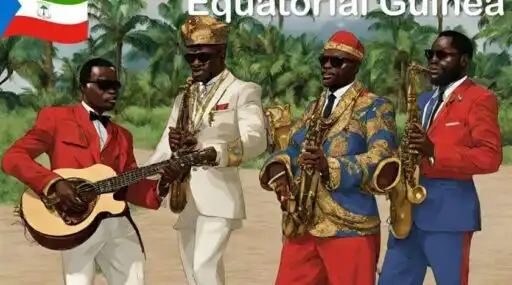
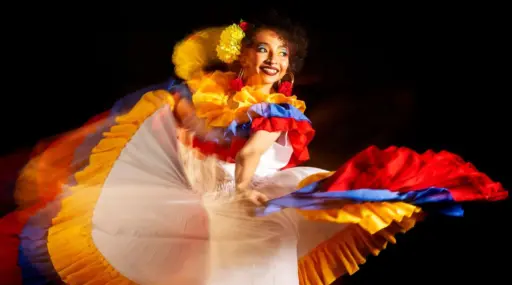
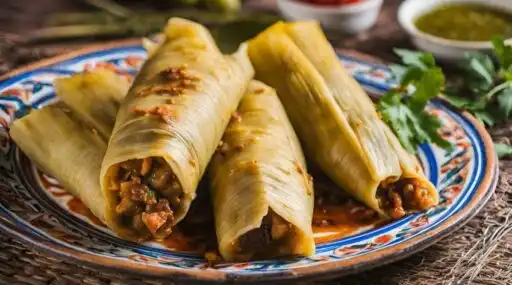

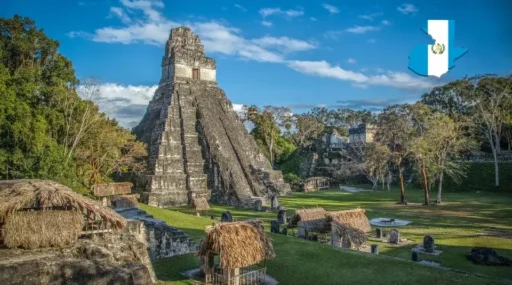


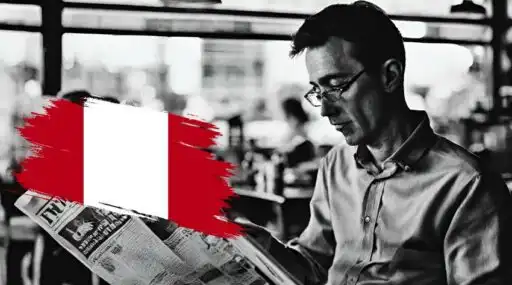

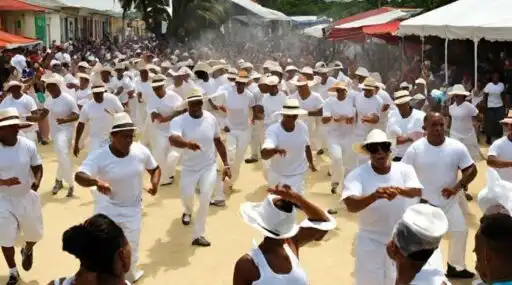
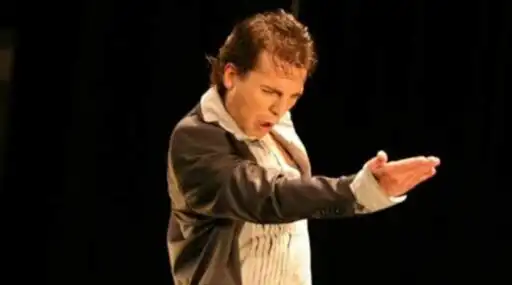
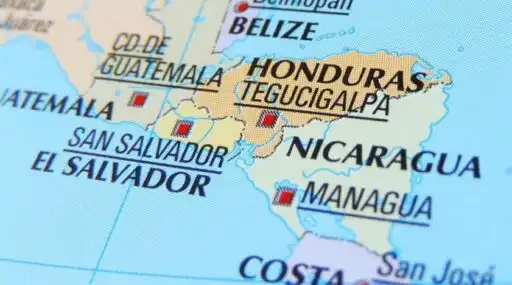
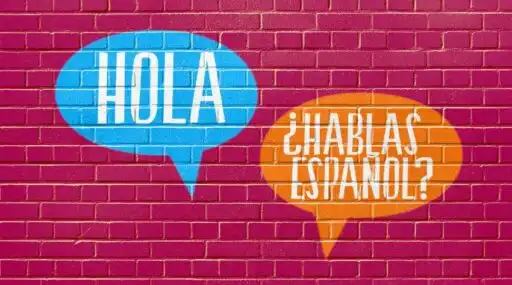
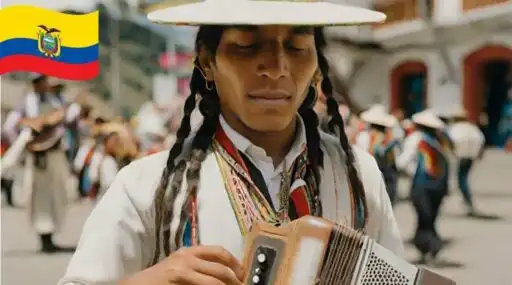
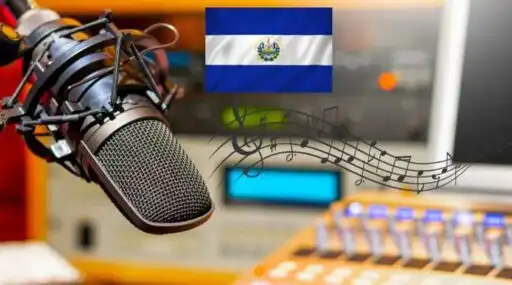
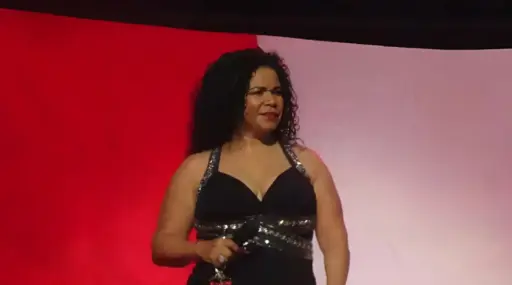




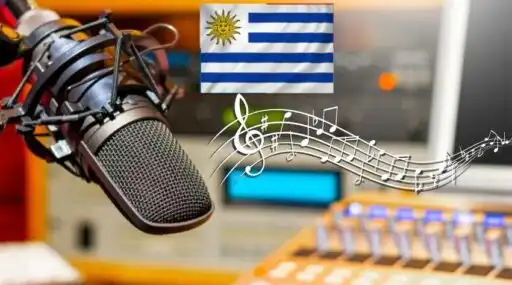
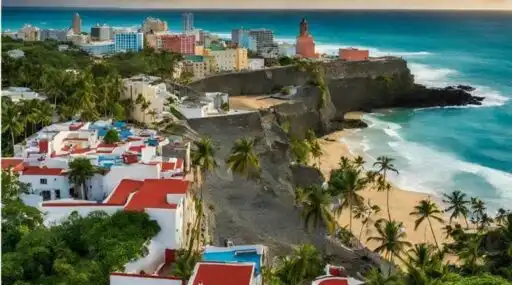
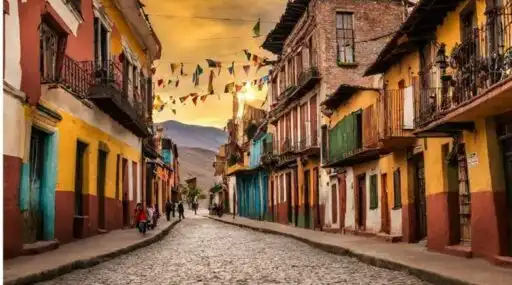
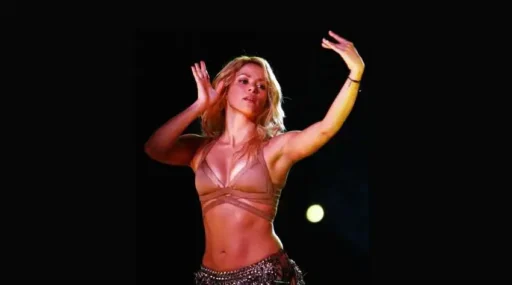

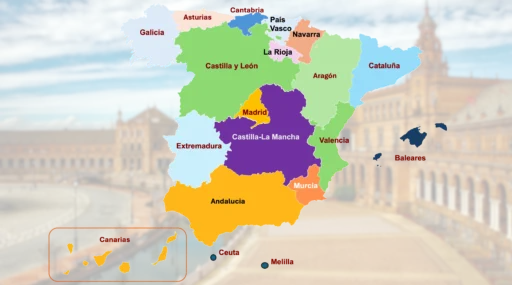
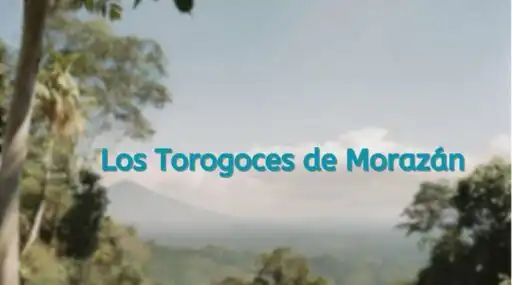

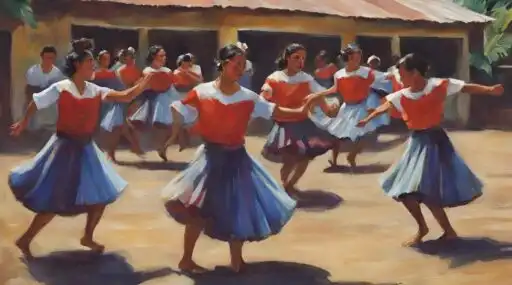

Leave a Reply